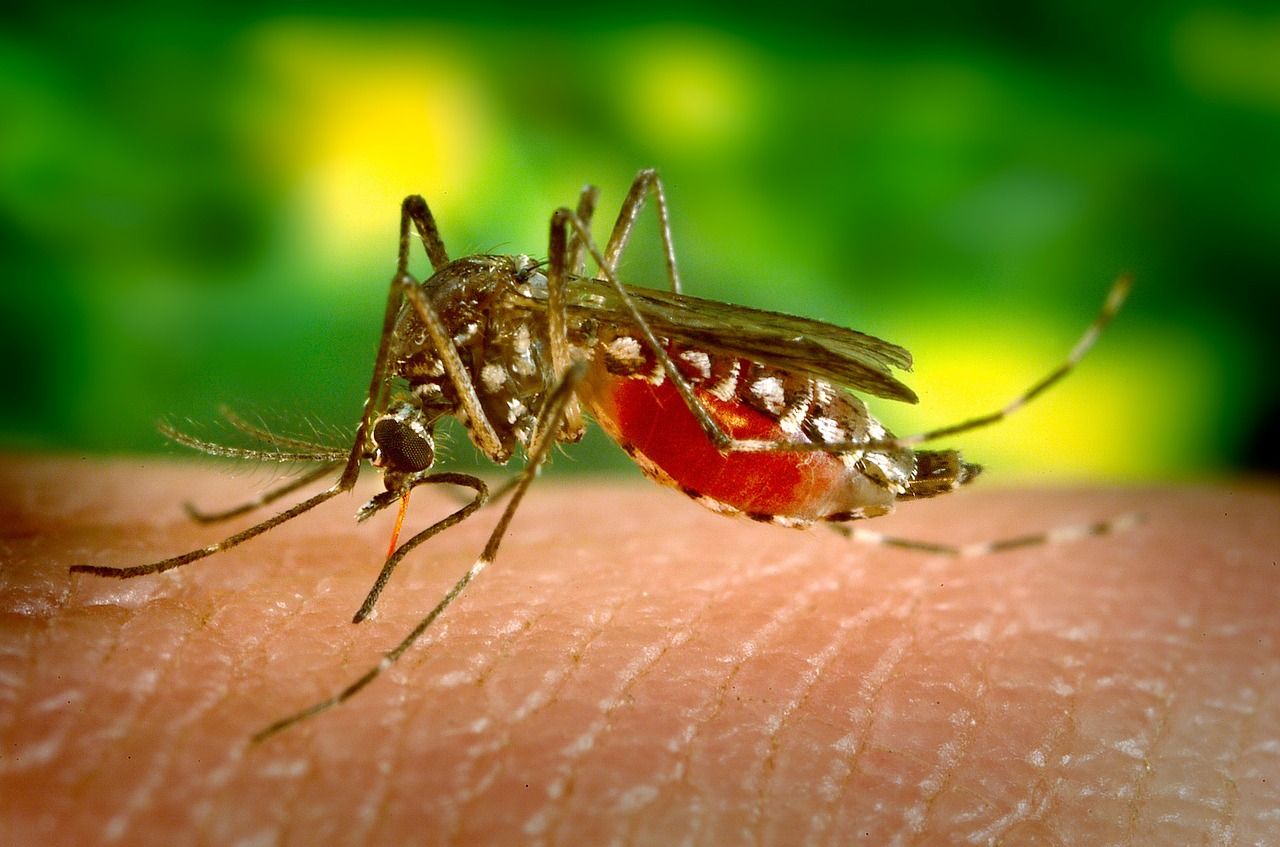The Union health ministry has dispatched teams of experts to nine states and Union Territories (UTs) to assist them in the management of dengue fever outbreaks. These groups will provide technical assistance to state health officials, including public health measures.
The decision was taken after a large number of dengue cases were reported in Haryana, Punjab, Kerala, Rajasthan, Tamil Nadu, Uttar Pradesh, Uttarakhand, Delhi, and Jammu & Kashmir. Officials from the National Centre for Disease Control and the National Vector Borne Disease Control Programme are members of the expert teams.
“It has been decided by the competent authority to depute central teams to the identified states to assist the state governments by providing technical guidance, including public health measures, for managing the ongoing outbreak of dengue,” states an office memorandum sent to the principal secretaries (health) and directors-general of health services of the nine states and UTs.
Dengue fever has been reported in Delhi in over 1,530 people so far this year, with about 1,200 cases reported in October alone, the highest number in the last four years.
In the month of October, the municipal corporation in Pune, Maharashtra, recorded 168 cases of the vector-borne disease. This is down from the 192 dengue cases reported in September.
In Chandigarh, the disease has already claimed 33 lives. The number of dengue cases reported in October this year in the city is larger than the yearly caseload in the past three years.
In Ghaziabad, Uttar Pradesh, the number of dengue patients has already surpassed 1,000. According to the health department, over 68% of these cases were reported in October.
The dengue virus is transmitted to humans by bites of infected Aedes mosquitos. The symptoms are fever, body ache, nausea, vomiting, and, in severe cases, internal bleeding or a catastrophic drop in blood pressure.







